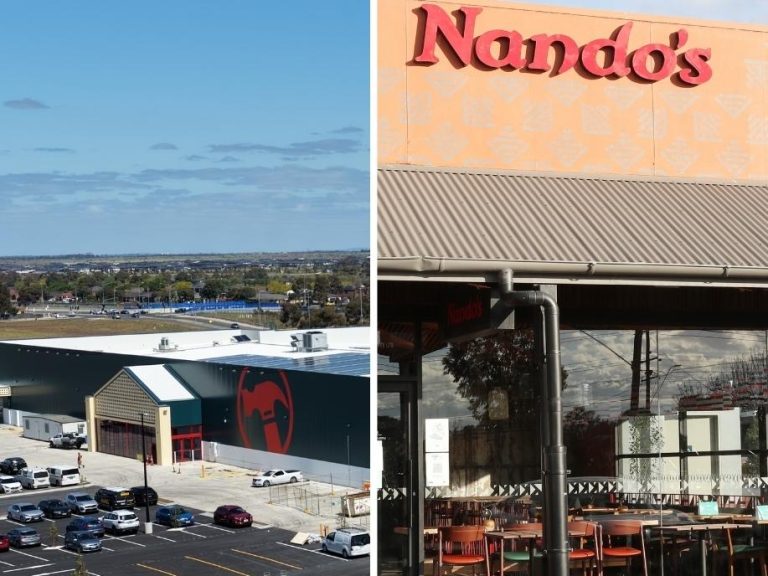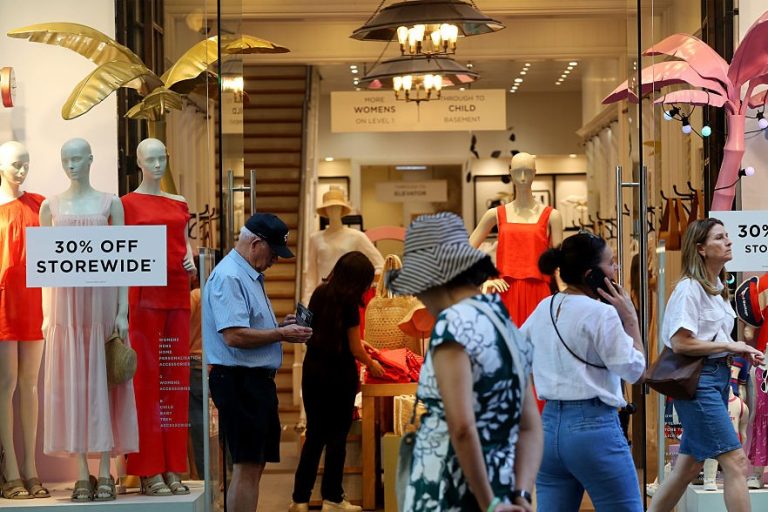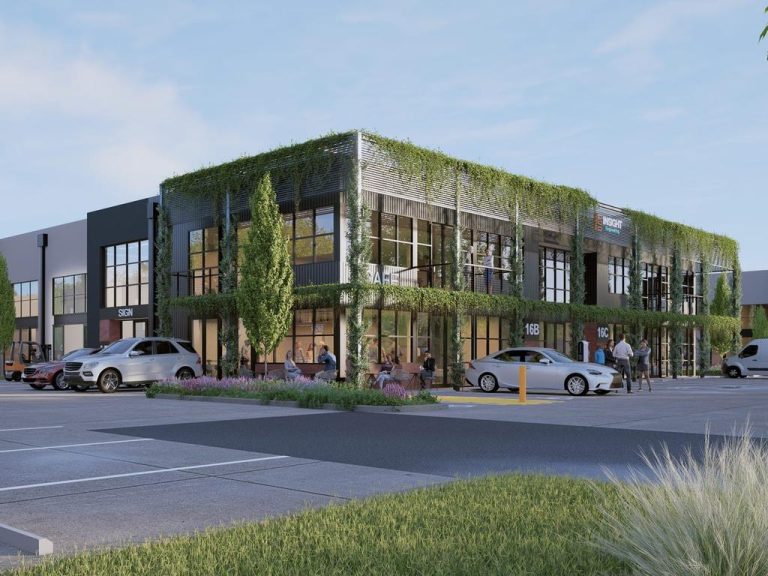‘Growth mode’: What does the co-working sector look like in 2025?
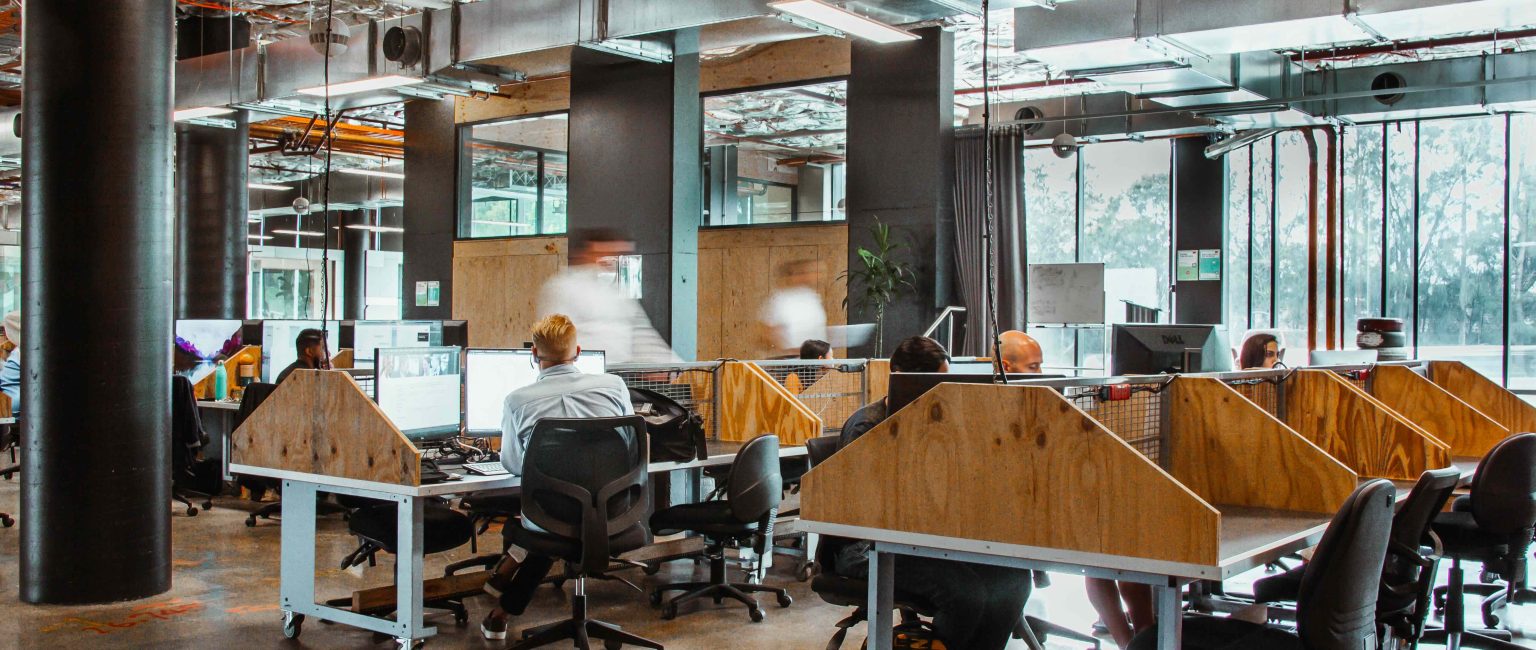
Australia’s flexible office sector is experiencing significant growth, with demand for co-working spaces expanding from CBDs and inner-city locations into suburban and regional markets.
Data from CBRE’s Australian Flex Space in the Age of Hybrid Work report revealed the country’s flexible office market footprint increased by 2.1% in the major east coast markets in the 12 months to June 2023.
CBRE Director of Office Occupier, Tom Cocks, said that figure had continued to rise since then, with mid-to-large scale companies in the flexible working sector in “growth mode”.
Mr Cocks noted the current market as tenant friendly, with flex space operators such as The Commons, Industrious and WOTSO undergoing growth by securing profit share partnerships.
“Profit share models allow these companies to pay reduced rent and then a top up payment based on the percentage of turnover. Or they take a management fee instead of signing a lease altogether,” he explained.
“This means the landlord pays for the fit out and takes no bank guarantee. It’s very high risk, so not many landlords really go for that model, but the advantage for operators looking to expand is they can do so with as little risk and capital as possible.”
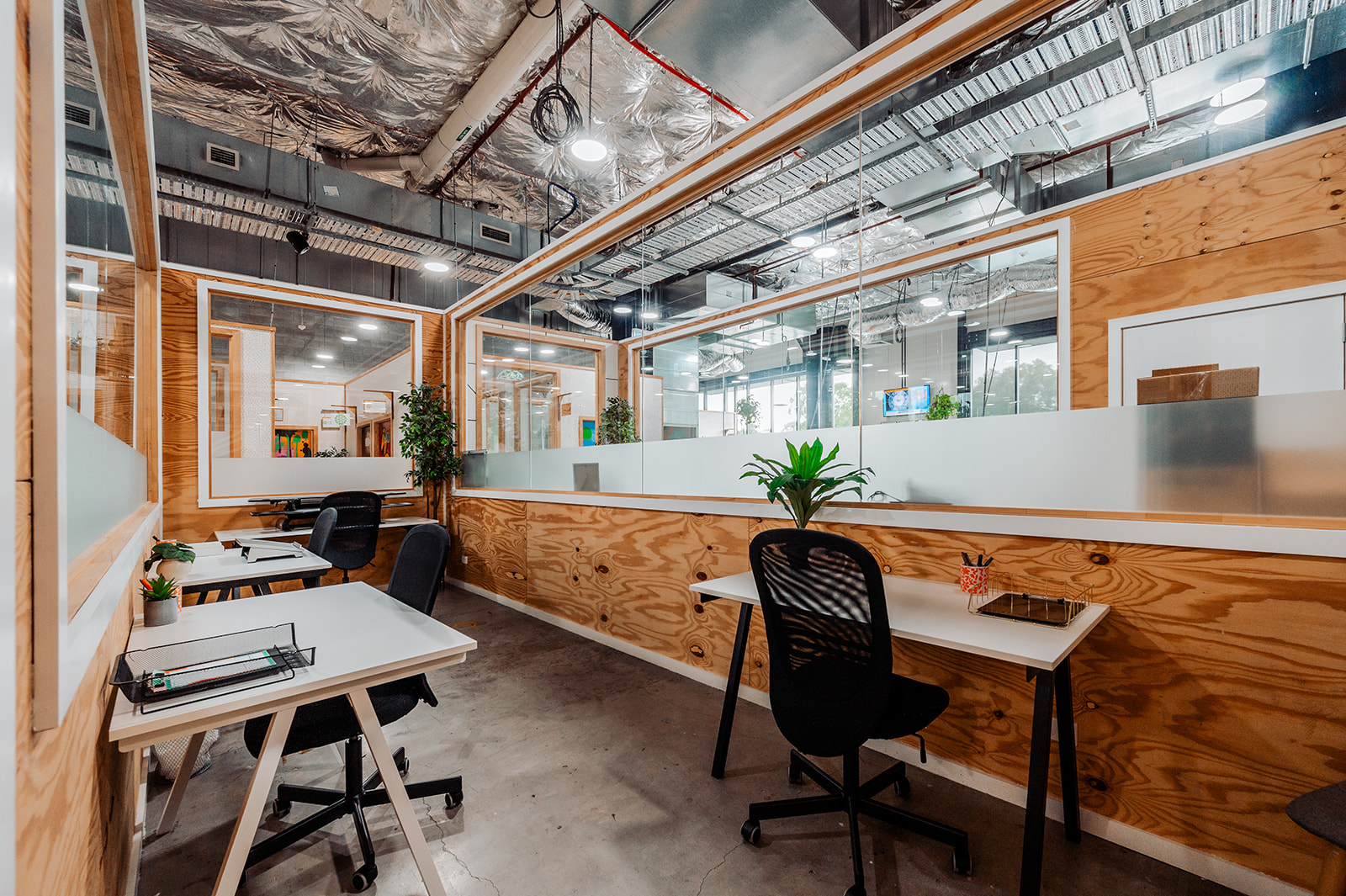
WOTSO co-working space. Picture: Supplied
Mr Cocks said flex space companies of 2025 were succeeding where the WeWork model had ultimately failed by engaging in “responsible and considered expansion plans”.
“These businesses are now growing far more slowly and sustainably. They’re conducting more due diligence around whether a location is going to be successful or not and slowly building up occupancy rates and capital before investing in a new site,” he said.
“By comparison, WeWork’s expansion was irresponsible and extravagant. They were signing as many leases as possible – whether they were at the top of the market or the bottom – paying lots of cash in deposits, spending massive amounts of money on fit outs and just expanding for the sake of expanding.
“Obviously, it all fell apart, which was inevitable.”
As a hybrid flex space operator and real estate investment trust (REIT), WOTSO is somewhat of an outlier in the industry, engaging in profit share rent models while simultaneously operating flexible office spaces across its own $300 million property portfolio in Australia and New Zealand.
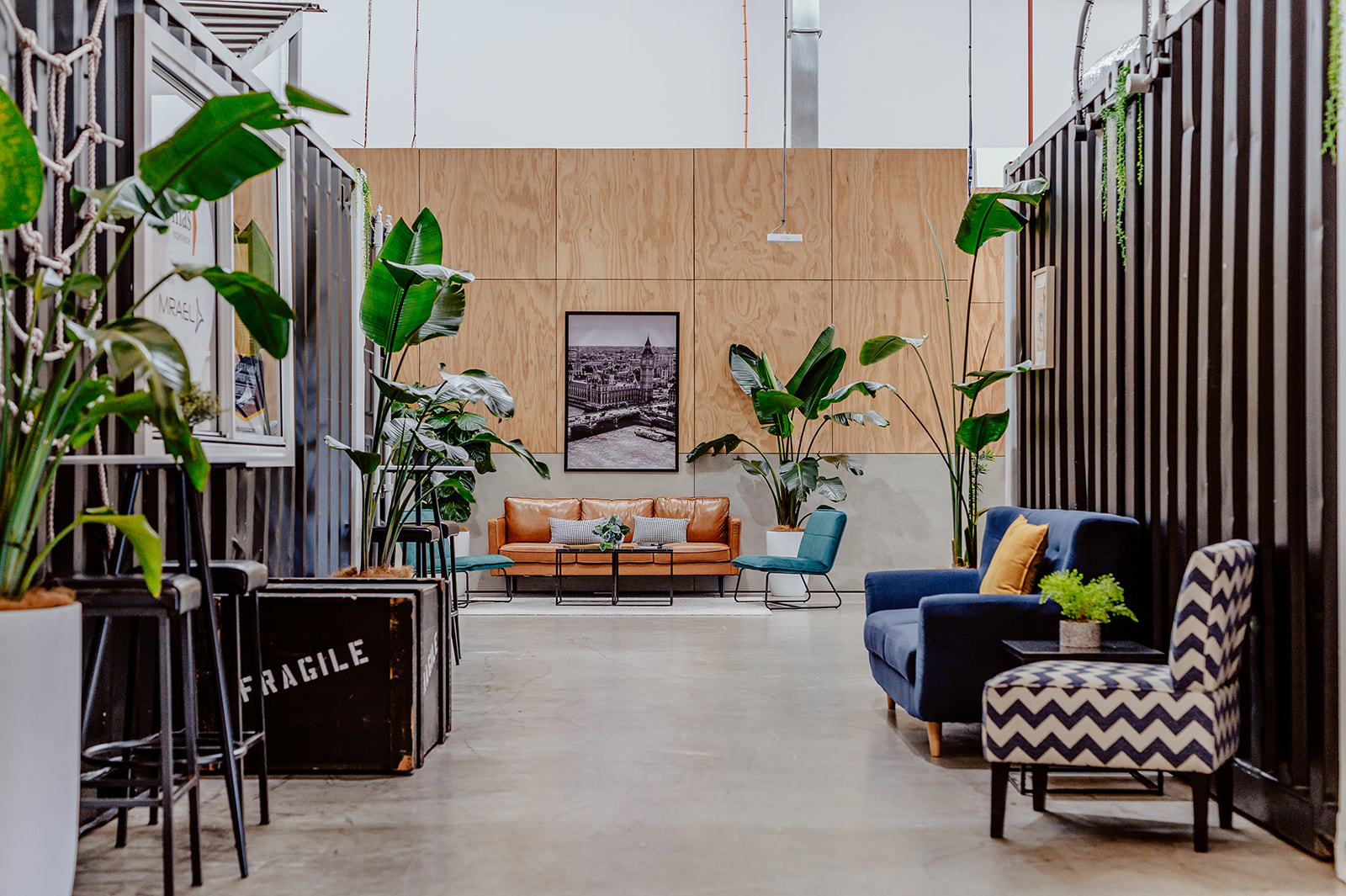
WOTSO co-working space. Picture: Supplied
“We don’t really like to call ourselves a REIT anymore because we’ve now got a business that operates within all the assets we own,” WOTSO CEO, Jessie Glew, told realcommercial.com.au.
The company announced its second Penrith office and sixth in Sydney’s western suburbs earlier this year.
“We’ve become a solution for many businesses in the western suburbs of Sydney – a region that really lacks enough purpose-built office space,” Ms Glew said.
Last month, WOTSO also signed a deal with building owner Sun Venture to take over the former WeWork offices at 50 Miller Street in the heart of North Sydney – the 33rd site across its Australia and New Zealand network.
WOTSO and KoWorks meet regional demand
Coupled with its goal of targeting Sydney’s western suburbs, WOTSO is also servicing growing demand for flexible desk and office space in the country’s regional areas.
“Our Melbourne office aside, we’ve chosen to shy away from cities as our product isn’t really a CBD product. We’re definitely more of a relaxed local space as opposed to corporate high-end,” Jessie Glew said.
South East Queensland has proved popular for the business, with four locations in Robina, Sippy Downs, Varsity Lakes and Toowoomba.
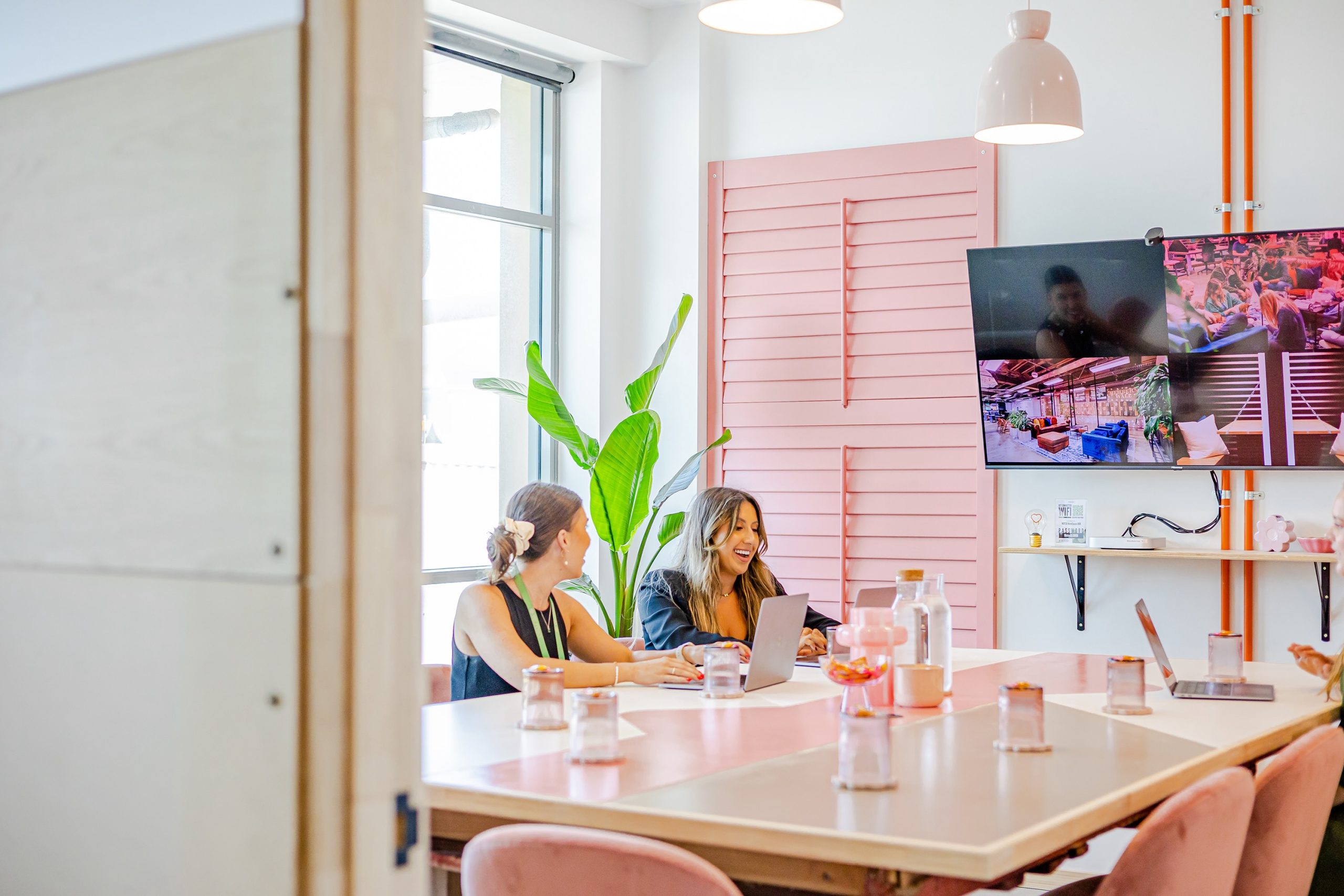
WOTSO co-working space. Picture: Supplied
Ms Glew said the Queensland region has “taken off.”
“So many people relocated to Queensland post-Covid which has meant an increase in new small businesses and therefore communities in need of somewhere to work. The demand is definitely there. We took over an old serviced office business in Toowoomba and it’s humming all the time. It hasn’t sat at less than 90% occupied since we opened in early 2024.”
Likewise, KoWorks, a lifestyle-led co-working operator on the NSW Central Coast, has solved the glaring lack of high-quality, flexible work spaces in the region.
Founder Adam Hyman said he saw an opportunity to provide local professionals with an alternative to long commutes and isolation at home.
“We started by transforming underutilised surf life-saving clubs into pop-up co-working spaces, proving that demand existed for more permanent offerings,” Mr Hyman told realcommercial.com.au.
“While we now only operate out of one surf life-saving club in Killcare, this approach formed the foundation for our model; revitalising under-utilised commercial spaces into thriving, 24/7 accessible co-working hubs.”
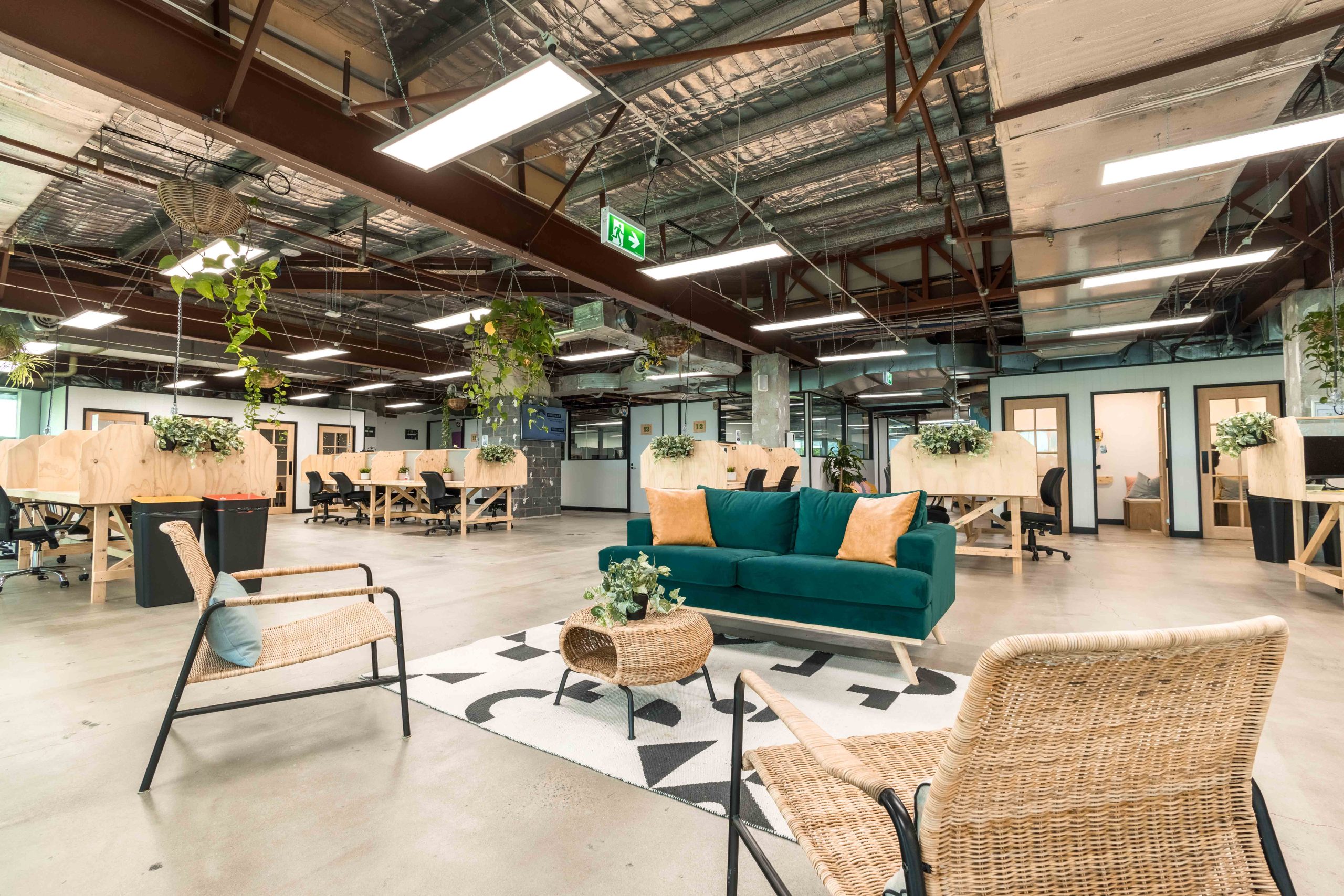
WOTSO co-working space. Picture: Supplied
KoWorks operates three permanent flex spaces in Avoca Beach, Gosford and Killcare, all designed to “support productivity while embracing well-being and lifestyle flexibility.”
“While our coastal locations are certainly a standout feature, what truly sets KoWorks apart is our community-first approach, wellness offerings, and focus on sustainable work-life integration,” explained Mr Hyman.
“Our members can take a call in a soundproof booth, step outside for a surf, join a breath work session or collaborate with like-minded professionals.”
Mr Hyman said his company attracts a diverse workforce to its cohort, from solo entrepreneurs and creatives to growing start-ups and remote teams from global companies.
“Many of our members work in tech, finance, consulting, and the creative industries. Our spaces have also become a natural choice for remote employees from companies like Adobe, Atlassian, Canva, Google and Qualtrics, who want a productive workspace without the Sydney commute.”
Adaptive reuse is still going strong
Like many co-working business models, KoWorks was built on the idea of repurposing and revitalising underutilised spaces.
“Every KoWorks space has a unique history and our design approach embraces that,” offered Adam Hyman.
The company’s first location transformed the unused Killcare Surf Life Saving Club into a thriving co-working hub overlooking the ocean.
A second KoWorks space has reimagined an industrial warehouse in Gosford into an open plan workspace with a modern, creative edge, while the recently opened Avoca Beach location converted an old Chinese restaurant into a “warm and inviting business hub”.
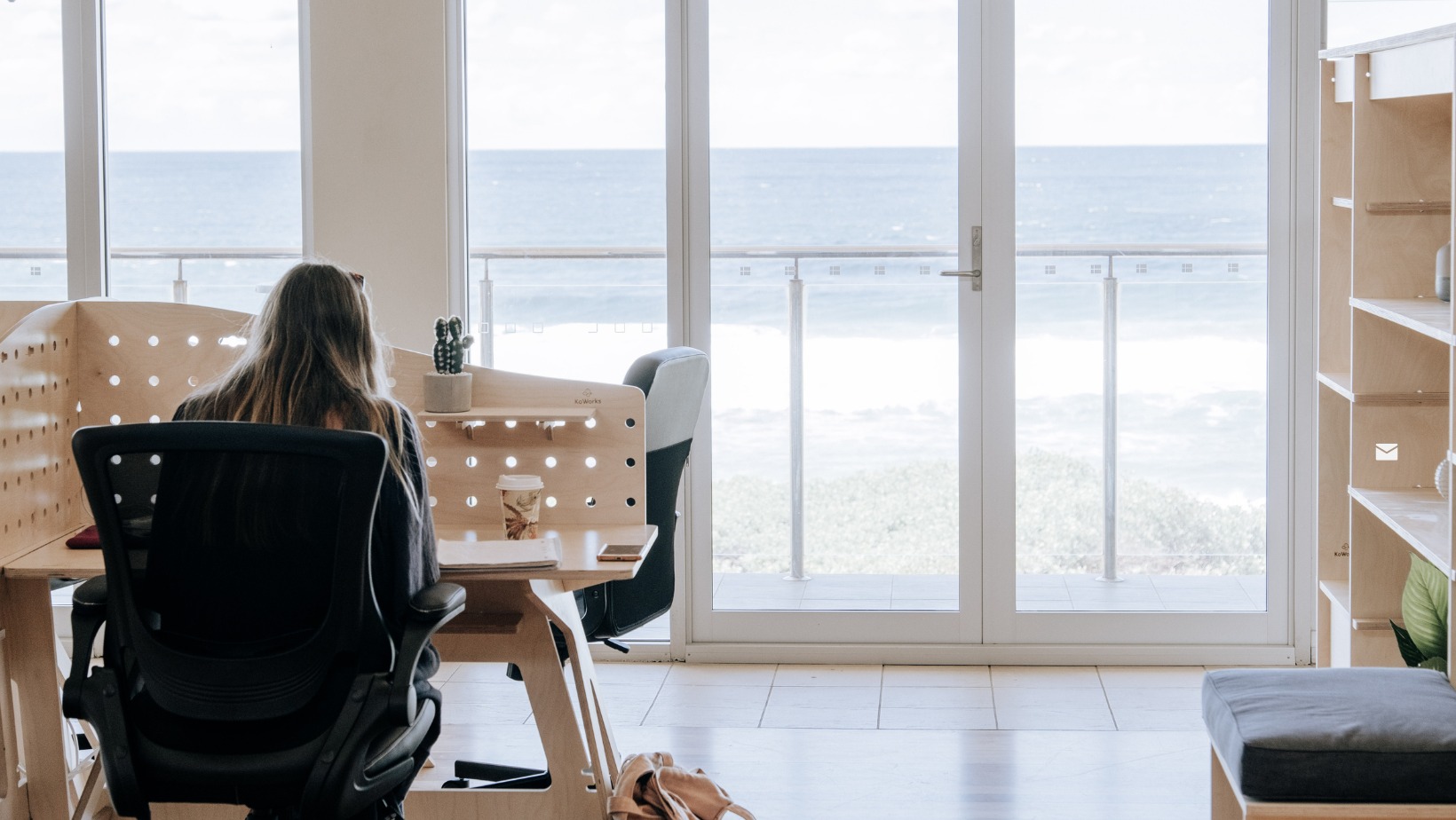
KoWorks space. Picture: Supplied
“Each of these spaces came with its own set of challenges – heritage restrictions, structural modifications and the complexities of adapting outdated layouts into functional, inspiring work environments,” Mr Hyman told realcommercial.com.au.
“However, our focus is always on maintaining the original character while incorporating natural light, ergonomic design, premium furnishings and flexible layouts. The result is a blend of functionality and aesthetics that fosters both productivity and connection.”
WOTSO has adopted a similar reuse model, converting everything from warehouses and residential homes, to a former army barracks in Manly and a grand heritage building in Melbourne’s CBD.
Suburban shopping malls have also proved popular, with the company taking over unused retail shops in the major shopping centres of Blacktown (NSW), Woden (ACT) and Chermside (QLD).
“Shopping centres are great because they already have all the amenities in place; an integrated asset that has everything people need to be able to conduct their day,” WOTSO’s Jessie Glew said.
In Westfield Chermside, the company has taken over a sprawling back of house space formerly used by JB Hi-Fi.
“At the time, shopping centres were beginning to reposition themselves as service centres rather than just retail focused. Westfield Chermside were looking for alternate uses to come into their shopping centre, so it was an opportune time for us to move in and we were able to navigate a deal with Scentre Group that worked for both parties,” Ms Glew explained.
Luxurious, hospitality-inspired co-working
CBRE’s Tom Cocks highlighted the city-based flexible working space market as also very healthy.
“High grade operators in CBDs have all held down good occupancy and have seen quite a lot of demand,” he said.
According to Jaelle Ang, CEO of The Great Room, much of that demand has been for high-end, luxury offices.
“Australia has really embraced higher quality hospitality-inspired office designs post COVID.
While the market is competitive, our distinct edge lies in our unique fusion of hospitality, wellness, and high-performance design – a formula that has consistently proven successful,” Ms Ang told realcommercial.com.au.

The Great Room. Picture: Supplied
Founded in Singapore in 2016, The Great Room has luxury offices in 12 locations across Asia-Pacific, including Singapore, Bangkok and Hong Kong.
The company expanded to Australia at the beginning of 2024, taking over the 29th floor of 85 Castlereagh Street in Sydney (former residence and penthouse of Frank Lowy), followed by the 23rd floor 12 months later.
Increased demand for the kind of design-led spaces The Great Room offers has seen the company partner with Lendlease for a second location at 1 O’Connell Street, a ‘new prestigious co-working space’ set to open in the second quarter of 2025.
Ms Ang said the new venture at 1 O’Connell Street meets the standard of unique properties The Great Room calls home. Other Great Room locations include the historic Raffles Hotel – a restored award-winning 1910s shophouse in Singapore – and Park Silom in Bangkok, the first Grade A development in Silom Road in Bangkok in two decades.
“Our experience across Asia enables us to show professionals in Australia what they want before they know it, which goes beyond design to incorporate immersive experiences with leading lifestyle, wellness, business and consumer brands, to achieve a higher-than-average occupancy rate for flexible workspaces,” explained Ms Ang.

The Great Room. Picture: Supplied
Tailored activations and events include a weekly Monday Breakfast Club, monthly Great Thursday networking social events and Spend the Night sessions, with relevant and topical panel discussions.
A weekly ‘Turn Down Cart’, similar to a turndown service in a hotel, is also one of The Great Room’s popular offerings.
With CBRE Group’s recent $400m acquisition of Industrious, parent company of The Great Room, the company looks in good stead for future growth and further global reach.
“The strengthened relationship between CBRE and Industrious reflects market confidence in the future of flexible workspaces,” said Ms Ang.
“We are excited about even more opportunities to expand our signature flexible workspace design and reinvent the workplace experience.”

